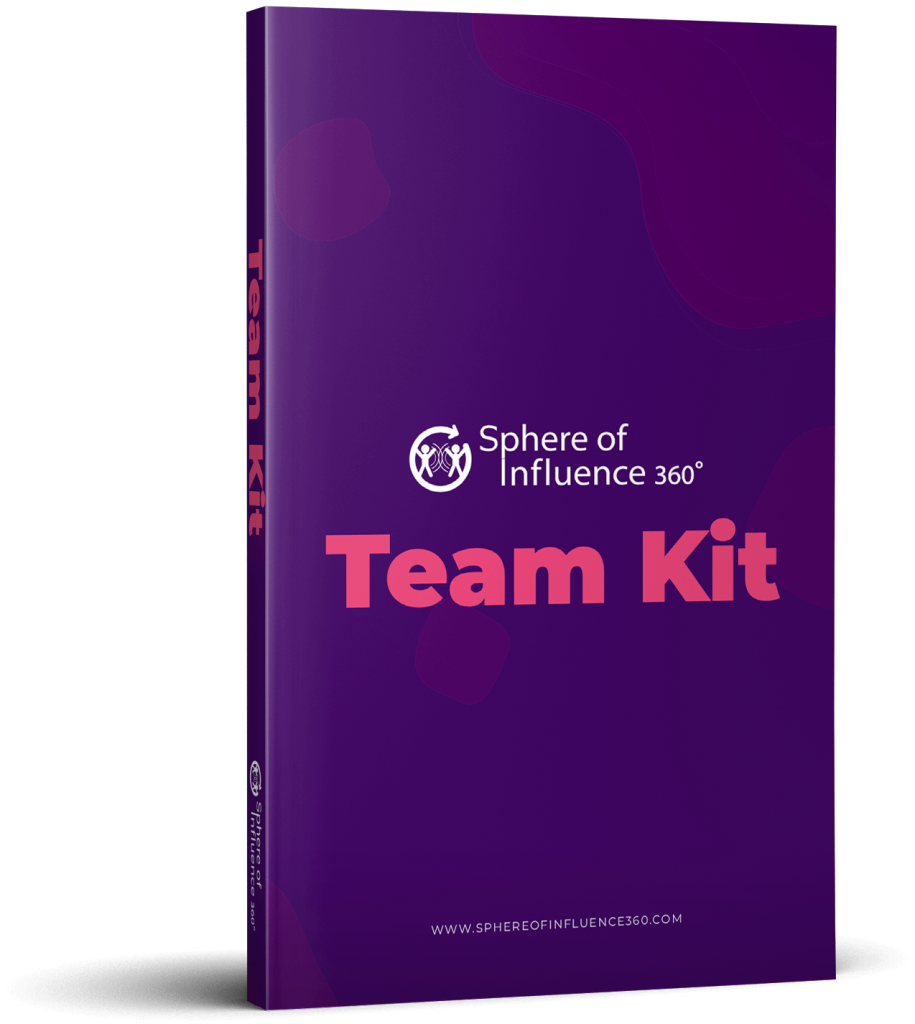Steek jij vaak je kop in het zand als het moeilijk wordt?
Maak jij jezelf wijs dat het wel goed komt en schuift je taken voor je uit terwijl je deze eigenlijk dringend af zou moeten handelen? Zoals dat gesprek met die boze klant of dat conflict met je collega?
Or perhaps you put tasks on the backburner, telling yourself they’ll be fine when they’re really, really very urgent to deal with now?
Als je jezelf regelmatig dingen hoort zeggen als: “het is niet mijn schuld, er is niets gebeurd” of “iedereen doet het”, dan is ontkenning wellicht een van jouw beschermingsmechanismen.
If “It’s not my fault,” “Nothing happened,” or “Everybody does it” frequently feature in your vocabulary, you may be using denial when faced with stress.
Because it’s not always the best way to deal with life’s challenges, this article will take a closer look. I’ll explain how denial links to stress, explore it’s pros and cons, and show you three helpful ways to stop avoiding your problems when they arise.
Why Stress Can Trigger Denial
When faced with stressful situations, it is often much easier to turn our attention away from them.
Denial is effectively a way to avoid the facts in front of us and their potential negative consequences, essentially sparing us from pain.
By pretending something isn’t real, in other words, we can skip the unpleasantness of many things. Like owning up to our actions, handling pressure, dealing with conflicts, or facing our fears head on.
Ultimately, denial is about avoiding feeling certain emotions that cause us stress – both the negative and the positive. We may use denial to suppress guilt, unhappiness, or shame, but, denying reality can also effectively stifle our ability to feel positive emotions too–like anticipation, enjoyment, or even intimacy.
It can be triggered by anything that makes us feel very vulnerable, really, and in life, positive consequences can cause just as much potential anxiety as negative ones.
A Closer Look
So what does it look like?
Some signs that you might be struggling with denial include:
- Trying to suppress thoughts of a problem
- Attempting to rationalize your actions
- Making up fictional stories to replace the stressor
- Trying to downplay the source of your stress, or
- Emphasizing the less stressful elements of it.
As far as coping mechanisms go, denial is easily one of the most common defence mechanisms to stressful events or contexts. It’s even the first stage in 5-phase Kübler-Ross Model of Grief, which is typified by a tendency to “cling to fictional, preferred realities.”
Elsewhere in the literature, it has been defined by Anna Freud as “a refusal to accept reality.”
Rejecting the truth in favor of (more preferable) fantasies is a maladaptive coping strategy for stress because it prevents us from learning from and functioning in our environment.
This is why I’ve created the Being In Denial Stress Coaching Card as part of my deck.
So Why Do We Do It?
The reason we use denial is because it can be effective. As well as (sometimes) helping us avoid emotional discomfort, it also:
- Buys us time to ‘process’ stressful situations and adapt to them (rather like a brake when our brain and body is in shock)
- Prevents us from recognizing the problem, and it can even
- Spare us from dealing with the outcomes of our actions.
But it very obvious downsides:
- Denial prevents us from finding solutions to our challenges
- It stops us from learning, often leading us to repeat the same unhelpful behaviors, and sometimes
- When we choose inaction, denial simply aggravates the original problem, making it harder for us to deal with later on.
Luckily, there are a few useful ways to beat a denial habit, and in the next section, I’ll show you a few.
3 Ways To Overcome Denial
There are a few ways to stop using denial – some in-the-moment strategies, and habits that we can build over time.
1. Cost-Benefit Analysis
When you feel tempted to sweep something under the rug, try weighing up the pros and cons of doing so instead.
Ask yourself:
- What are the potential benefits of avoiding the issue? And
- What are the potential disadvantages?
If you’re avoiding an important (but difficult) task, some negative outcomes might include holding up your teammates, losing a client, or even being fired. Having these on paper in front of you may drive you to take action when it’s the best thing to do.
2. Emotional Awareness
The only way to manage your emotions is by noticing and acknowledging them. This is especially useful for overcoming a denial habit, which is all about avoiding emotions in the first place.
You can build your emotional awareness by checking in with them regularly and keeping a record of them: download this Emotion Checklist and tick the feeling you are experiencing twice a day.
There’s no need to take action of any sort – simply acknowledging the way you feel is enough to build up your emotional awareness over time.
3. Keep a Diary of Your Experience
Journaling is an evidence-based intervention that can increase your mindfulness, and many studies have shown it is a useful way to recognize and even accept our emotions.
In practice, keeping a diary also helps you regain perspective and spot any links between your thoughts, emotions, and actions, which can be very useful in overcoming denial.
Set aside 15-20 minutes each day for a week, and write in your journal using the following prompts to help you
- What did you do today?
- What things did you think about?
- What emotions did you feel in response to different events? (You may want to use two separate sections for positive and negative emotions), and
- What did you feel like doing when you felt that way?

